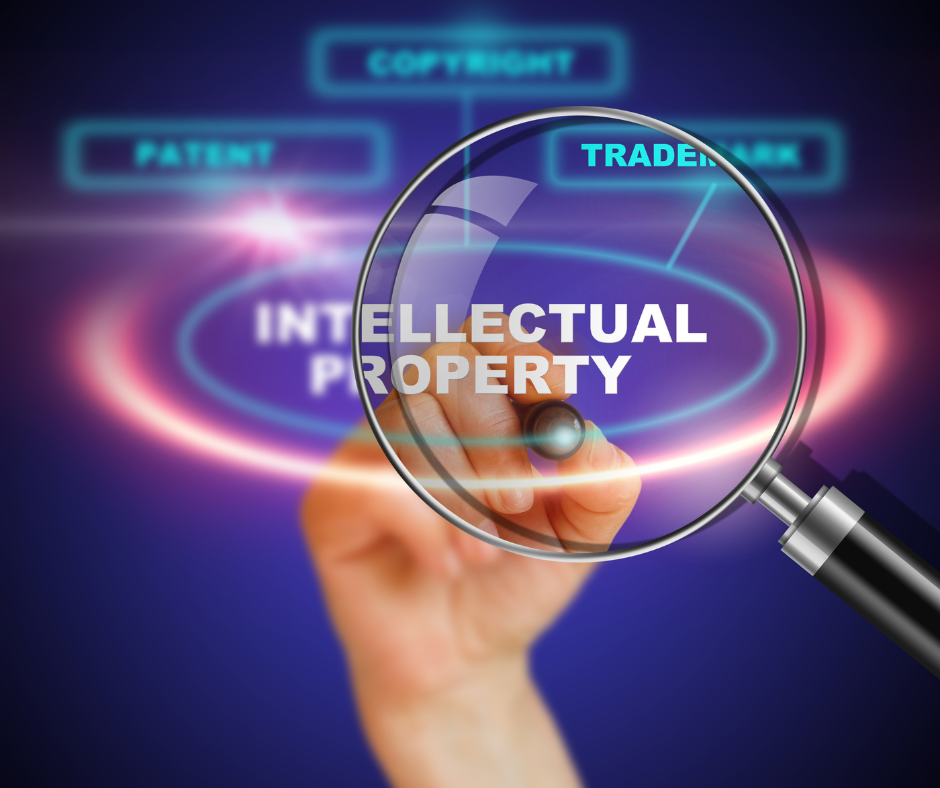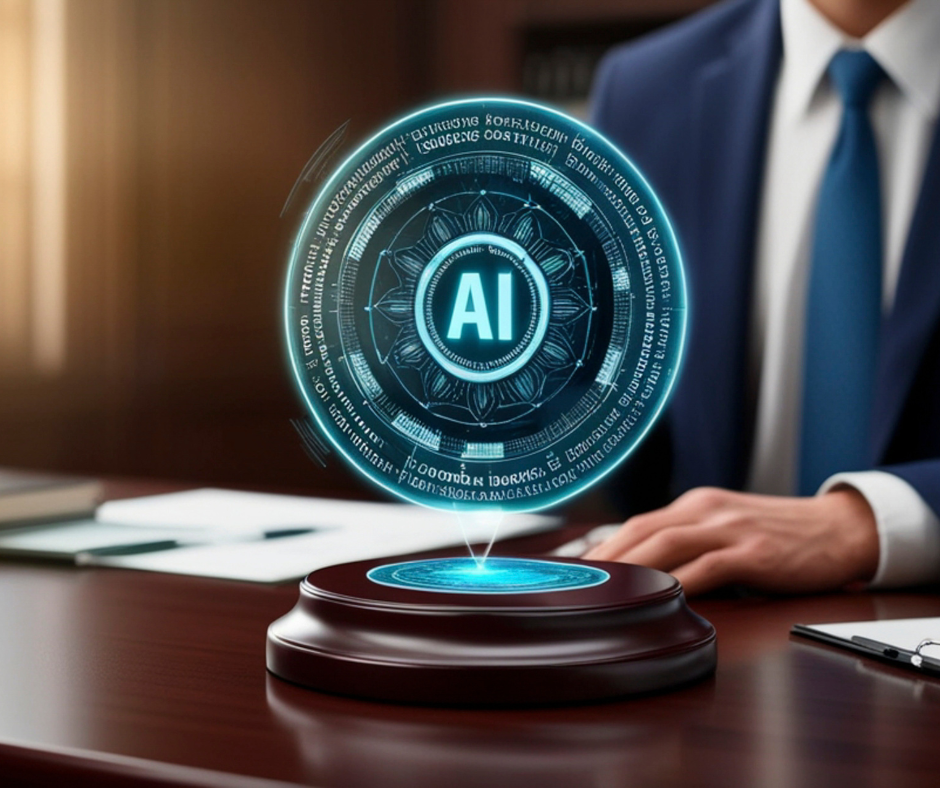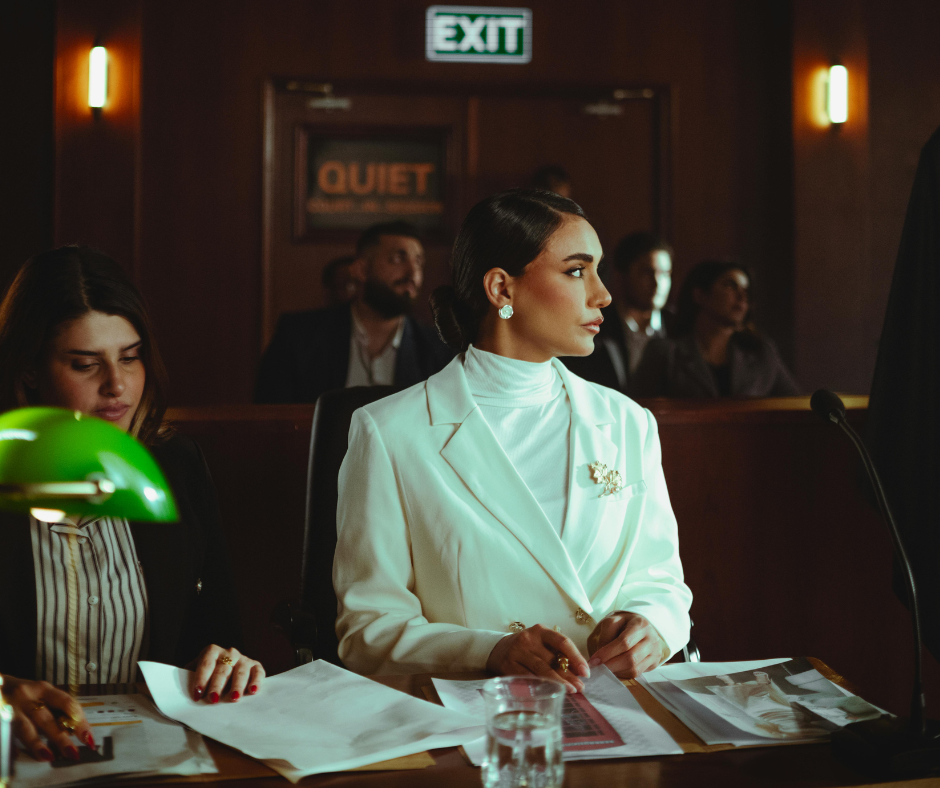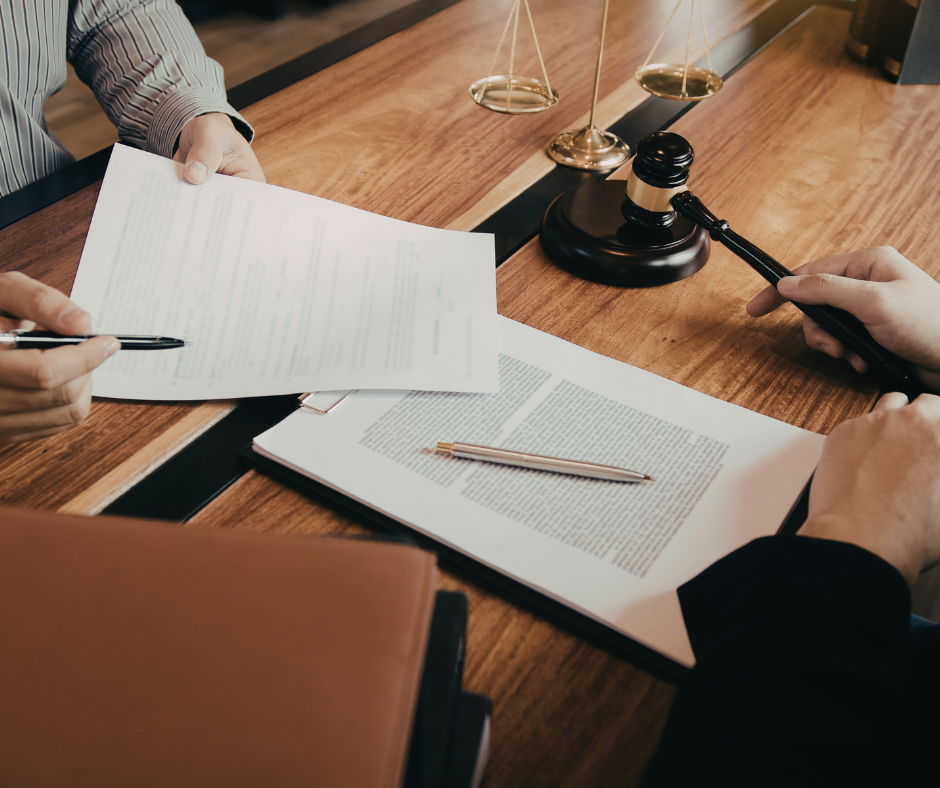The Urgent Need to Rethink Intellectual Property in the Digital Era
Intellectual Property (IP) has always been the foundation of creativity, innovation, and business success. However, in today’s hyper-connected, fast-evolving digital world, the traditional frameworks of IP protection are struggling to keep up.
What once worked for physical inventions, books, music, and patents is now being tested by the rise of artificial intelligence, blockchain, open-source platforms, and the limitless nature of digital content sharing.
The question is no longer whether intellectual property needs to evolve—it’s whether businesses, creators, and governments can keep pace before it’s too late.
Why Intellectual Property Protection is More Critical Than Ever
The digital revolution has changed everything. While it has created opportunities for global collaboration and innovation, it has also triggered a crisis of ownership, rights, and monetization.
The rise of AI-generated content, blockchain-based intellectual assets, and digital piracy has blurred the lines between original creators and unauthorized users.
-
Copyright infringement happens in seconds. A book, a song, or a piece of art can be copied, modified, and distributed worldwide within minutes.
-
Artificial Intelligence is reshaping creativity. Who owns AI-generated content—the machine, the programmer, or the company that trained the model?
-
Piracy and unauthorized use are rising. Digital products, including films, software, and e-books, are frequently stolen and shared without proper compensation.
-
Blockchain is creating new ownership models. Smart contracts and NFTs (Non-Fungible Tokens) are reshaping how we define digital ownership.
The world must act now to redefine how intellectual property works—before innovation is stifled, and creators lose control over their work.
The Evolution of Intellectual Property: A Timeline of Change
1. The Traditional Era: Copyright, Patents, and Trademarks
For centuries, intellectual property protection relied on:
-
Copyright (protecting books, music, films, and artworks)
-
Patents (safeguarding inventions and industrial processes)
-
Trademarks (ensuring brand identity and business credibility)
While effective in a world of physical distribution, these laws struggled to handle the rise of the internet, digital downloads, and instant sharing.
2. The Internet Boom: A Challenge to IP Laws
With the birth of the internet, intellectual property faced its first major disruption. Suddenly, anyone with an internet connection could:
-
Download movies, music, and books for free—illegally.
-
Copy and distribute content globally without detection.
-
Use someone else’s work without credit or payment.
Governments introduced stricter copyright laws, but enforcement was weak. Napster, Limewire, and torrent sites flourished, making it clear that traditional IP protection was no match for digital sharing.
3. The Social Media Age: Blurring the Lines of Ownership
Social media created a new IP challenge: who owns content in a world of instant sharing?
-
A photographer’s image can go viral without credit.
-
A musician’s song can be used in thousands of TikTok videos without payment.
-
A brand’s identity can be copied and misused.
Digital rights management (DRM), content ID systems, and automated copyright enforcement emerged, but loopholes remained. Creators found themselves constantly fighting to prove ownership and get paid.
4. The Artificial Intelligence Revolution: Who Owns AI-Generated Content?
AI can now create:
-
Articles, books, and research papers.
-
Music, art, and video content.
-
Software code and product designs.
But who owns this AI-generated content? The person who gave the prompt? The company that trained the AI? The AI itself?
Legal systems worldwide have no clear answers, leaving creators and businesses vulnerable to legal disputes and lost revenue.
5. The Blockchain & NFT Era: A New Approach to IP?
Blockchain technology and NFTs (Non-Fungible Tokens) are attempting to solve some of these issues by creating verifiable digital ownership.
-
A song, artwork, or video can be “minted” as an NFT, proving ownership.
-
Smart contracts can automate payments to creators.
-
Piracy becomes harder as ownership is transparent and immutable.
However, NFTs and blockchain solutions remain controversial, with concerns about fraud, market instability, and regulatory uncertainty.
The Future of Intellectual Property: What Must Change?
To protect creators, businesses, and innovators in the digital age, intellectual property laws must evolve—urgently.
1. Stronger Digital Copyright Laws & Enforcement
Governments and international organizations must create and enforce stricter digital copyright protections. AI-driven monitoring, blockchain verification, and real-time IP tracking should become the global standard.
2. Clear Ownership Laws for AI-Generated Content
Without clear legal frameworks, AI-generated content will become a free-for-all. Governments must define:
-
Who owns AI-generated work
-
How AI-assisted content should be credited
-
What legal protections AI-created content should have
3. Smart Contracts & Automated Royalties
Blockchain and smart contracts must be integrated into global IP laws to ensure:
-
Creators are automatically compensated when their work is used.
-
Ownership records are tamper-proof and transparent.
-
IP rights can be enforced in real-time, reducing piracy and disputes.
4. A Global Intellectual Property Agreement
The internet has no borders. IP laws need a global framework where protections apply across all countries, ensuring creators don’t lose their rights when their work crosses jurisdictions.
What You Must Do to Protect Your Intellectual Property Today
If you are a creator, entrepreneur, or business owner, you cannot wait for governments to fix this problem—you must act now.
-
Register your copyrights, trademarks, and patents immediately.
-
Use AI tools and blockchain to track and verify your work.
-
Create smart contracts to protect your digital assets.
-
Monitor your content online and take legal action against infringements.
-
Stay informed on evolving intellectual property laws and adapt accordingly.
Final Call to Action: The Future of Innovation is at Stake
The digital age is both a golden era of creativity and a crisis for intellectual property protection. The world must evolve, and it must evolve now.
Will you wait for someone else to protect your rights, or will you take action today to secure your intellectual property?
The future of creativity, business, and innovation depends on the choices we make today. Act now—before it’s too late.






